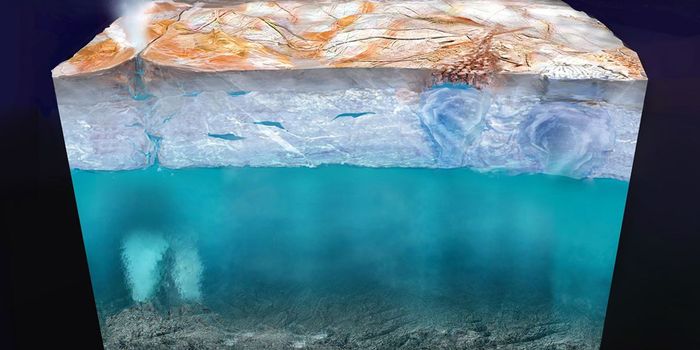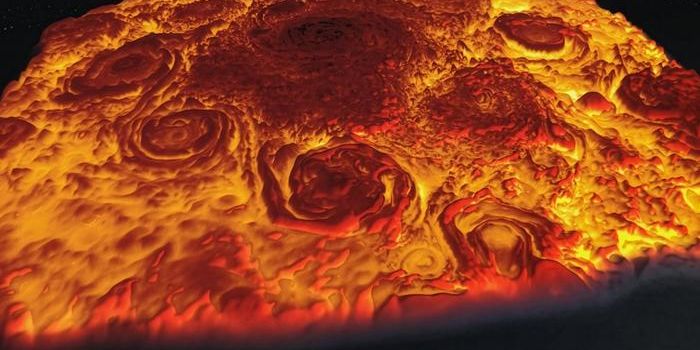Plastic-eating enzyme could prevent plastic waste world domination
Plastics are a part of our everyday lives, from food containers to soda bottles to soap dispensers to the life-saving ventilators used at hospitals. This cheap to produce, life-saving product is everywhere, in every aspect of our lives. Unfortunately, having plastic everywhere in our lives also means it ends up everywhere in our environment, as well. For instance, a whopping 73% of beach litter worldwide is plastic, there could be more plastic than fish in the ocean by 2050, and up to 95% of plastic polluting oceans is carried by 10 rivers. These are astonishing facts and statistics, and while there are recycling steps designed to mitigate the impact of plastics on the environment, only about 9% of all plastic produced is recycled. In the film, WALL-E, humanity was literally forced to leave Earth due to waste taking over the planet. However, thanks to a recent innovation we might not be doomed to a life of corpulence and laziness as depicted in the much-loved Pixar film.
A recent study published in Nature might help turn the tide against humanity needing to evacuate the planet. An enzyme variant created by engineers and scientists at The University of Texas at Austin can break down environment-throttling plastics that typically take centuries to degrade in just a matter of hours to days. This discovery, published today in Nature, could help solve one of the world's most pressing environmental problems: what to do with the billions of tons of plastic waste piling up in landfills and polluting our natural lands and water. The enzyme has the potential to supercharge recycling on a large scale that would allow major industries to reduce their environmental impact by recovering and reusing plastics at the molecular level.
"The possibilities are endless across industries to leverage this leading-edge recycling process," said Hal Alper, professor in the McKetta Department of Chemical Engineering at UT Austin and one of several co-authors on the study. "Beyond the obvious waste management industry, this also provides corporations from every sector the opportunity to take a lead in recycling their products. Through these more sustainable enzyme approaches, we can begin to envision a true circular plastics economy."
The project focuses on polyethylene terephthalate (PET), a significant polymer found in most consumer packaging, including cookie containers, soda bottles, fruit and salad packaging, and certain fibers and textiles. It makes up 12% of all global waste.
The enzyme was able to complete a "circular process" of breaking down the plastic into smaller parts (depolymerization) and then chemically putting it back together (repolymerization). In some cases, these plastics can be fully broken down to monomers in as little as 24 hours.
Up next, the team plans to work on scaling up enzyme production to prepare for industrial and environmental application.
The only downside is WALL-E might not be needed after all.
As always, keep doing science & keep our planet clean!
Sources: Giving Compass, RTS, IMDb, Nature









